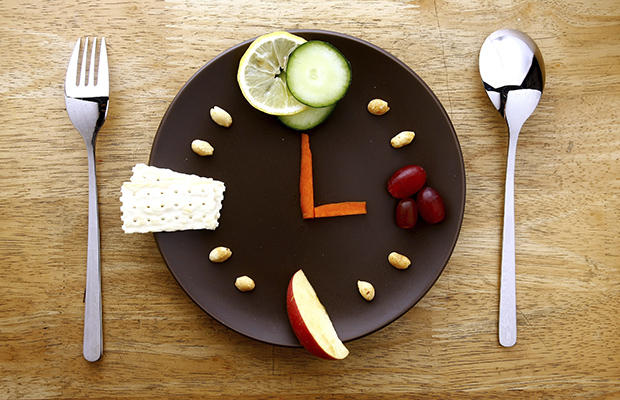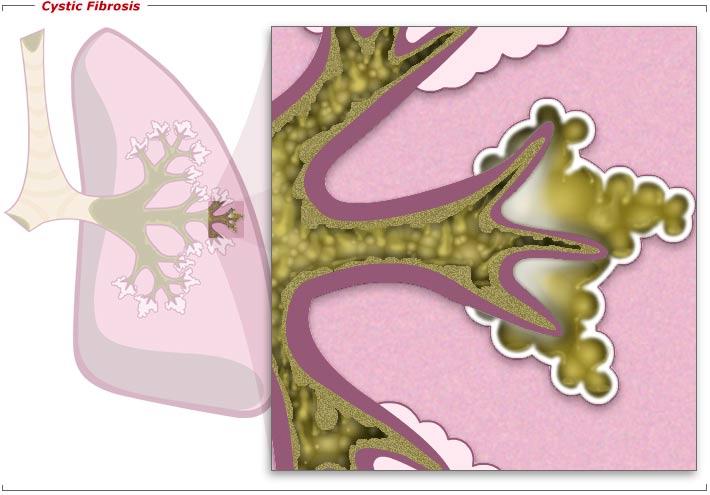The fact that we usually fixate on a present bad mood harkens back to our caveman ancestors, says Dr. Gardner. "If you were walking around feeling uncomfortable or upset, it would have been smart to concentrate on your immediate environment," she says, as feeling threatened back then was usually a sign of imminent physical danger, like a giant snake nearby ready to strike. The concept is called "temporal construal," and it’s the reason that, when we’re in any sort of uncomfortable mood, we tend to be very shortsighted.
The problem, of course, is that things are a little more complicated today than what our prehistoric relatives faced. "While we don't live in an environment of immediate physical danger anymore," says Dr. Gardner, "we do have plenty of emotional dangers like fear of rejection and job insecurity, and our reactions need to evolve as well." In other words, having just the one panicked, shortsighted reaction to everything that upsets us just doesn't cut it.
"The new research, finding the 'why' behind this whole thing, gives me hope," says Dr. Gardner, who admits to giving into emotional eating herself. And it was the new understanding of why we binge that led to a surprisingly simple fix. In one of the studies, participants had to write mood-inducing stories that, for some, also included having to imagine what their bedroom would look like in 10 years. The simple act of looking toward a future event—even something as simple as picturing a future bedroom—resulted in those participants eating fewer chocolates than those who focused on the present.
And the best part? You don't need to somehow snap out of your bad mood to benefit—simply looking toward the future can be enough to put the brakes on a binge, Dr. Garder says.
Dr. Gardner suggests that when you’re about to binge, recite a future-minded mantra. "Say to yourself, 'This is not forever. This cookie will be barely a memory in 10 years.' "
More from Prevention: 13 Signs You're Obsessed With Food




